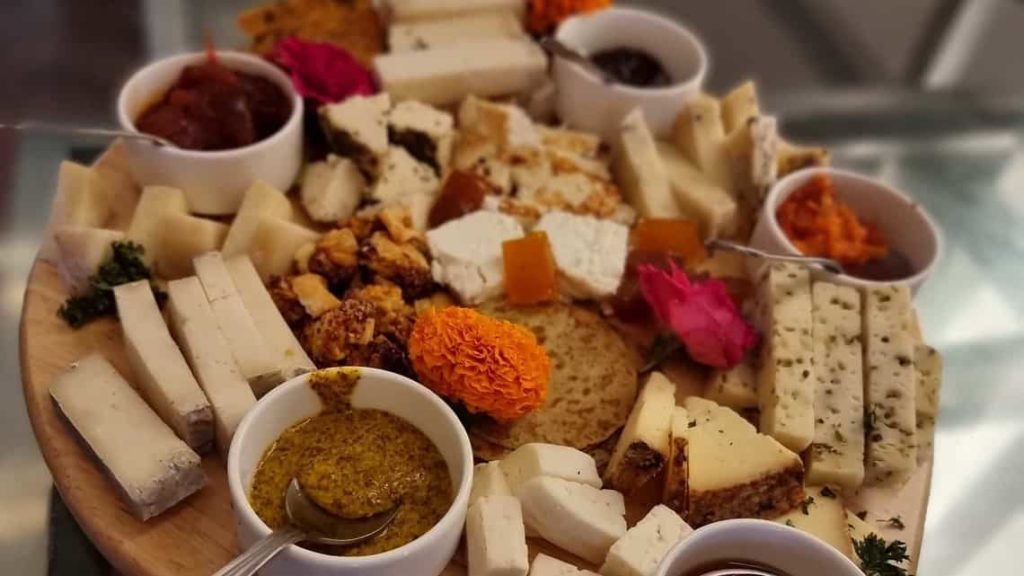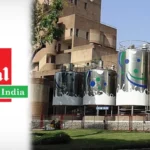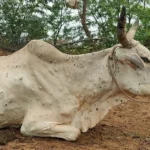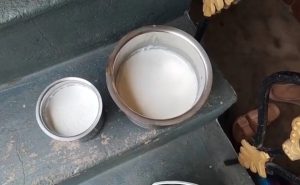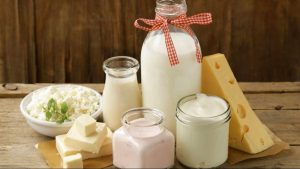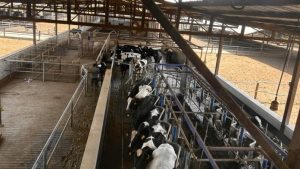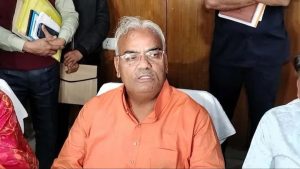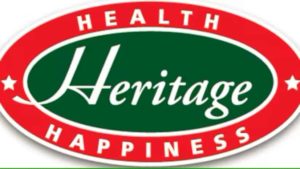
Till three years ago, Arpanbhai Hajabhai Kalotra (23) had never known or tasted cheese. Today, he and his partner Bheemsinh Vershibhai Ghanghal (23), who belong to the pastoral community settled in Gujarat’s Surendranagar district in Saurashtra, make artisanal goat cheese with milk collected from their community. What’s interesting though is that the duo raised funds for their venture, Panchal Dairy, which began last December, from the community members. They raised ₹ 15,000 from 60 households along with help from their families.
Kalotra recalls the first time he gathered community members to taste what they intended to make. It was the group’s first cheese tasting experience. “We kept a block of cheese in front of them and each one cut out big pieces of it and put it in their mouth. The next instant they spat it out,” says Kalotra with a chuckle. In hindsight, Kalotra feels he should have cut smaller pieces because they had mistaken it for halwa and expected it to be sweet. “They found it very sour,” says Kalotra, who is in his final year of BA in sociology.
Kalotra is one of the several youngsters from the indigenous herder community from Kutch and Saurashtra, who were inducted in the entrepreneurship program run by Centre for Pastoralism (CfP), which focuses on understanding and promoting India’s pastoral communities and works on livelihood issues that started just before the pandemic. “Pastoral communities mainly survive on their livestock. We thought they could become part of the mainstream economy by creating value-added products from the dairy,” says Manoj Mishra, director, CfP & Sahjeevan. According to Mishra, there are 3,500 goat herding households in Surendranagar district, with Sayla taluk (block) having the highest concentration of this community.
Since most of the community members have goat milk, the CfP thought of looking at helping the community create value-added products with it. “People are now recognizing the medicinal value of goat milk. But there is a class prejudice as goat is known to be a poor man’s cow. The elite identity is missing with goat milk,” said Mishra. Thus came the partnership with Chennai-based artisanal cheese makers Käse Cheese.
Founder Namrata Sundaresan, who is an International Certified Cheese Trainer from Academy of Cheese, is supporting youngsters from the pastoral communities in making artisanal goat cheese as well helping them sell it. Being a semi-arid region, the temperature in Surendranagar can go up to 40 degrees Celsius, except in winters. “Initially we didn’t know how this will work. There are no cold chain facilities in this part of the region. Artisanal cheese is very fragile, so without a cold chain facility it would have been a huge challenge,” says Sundaresan.
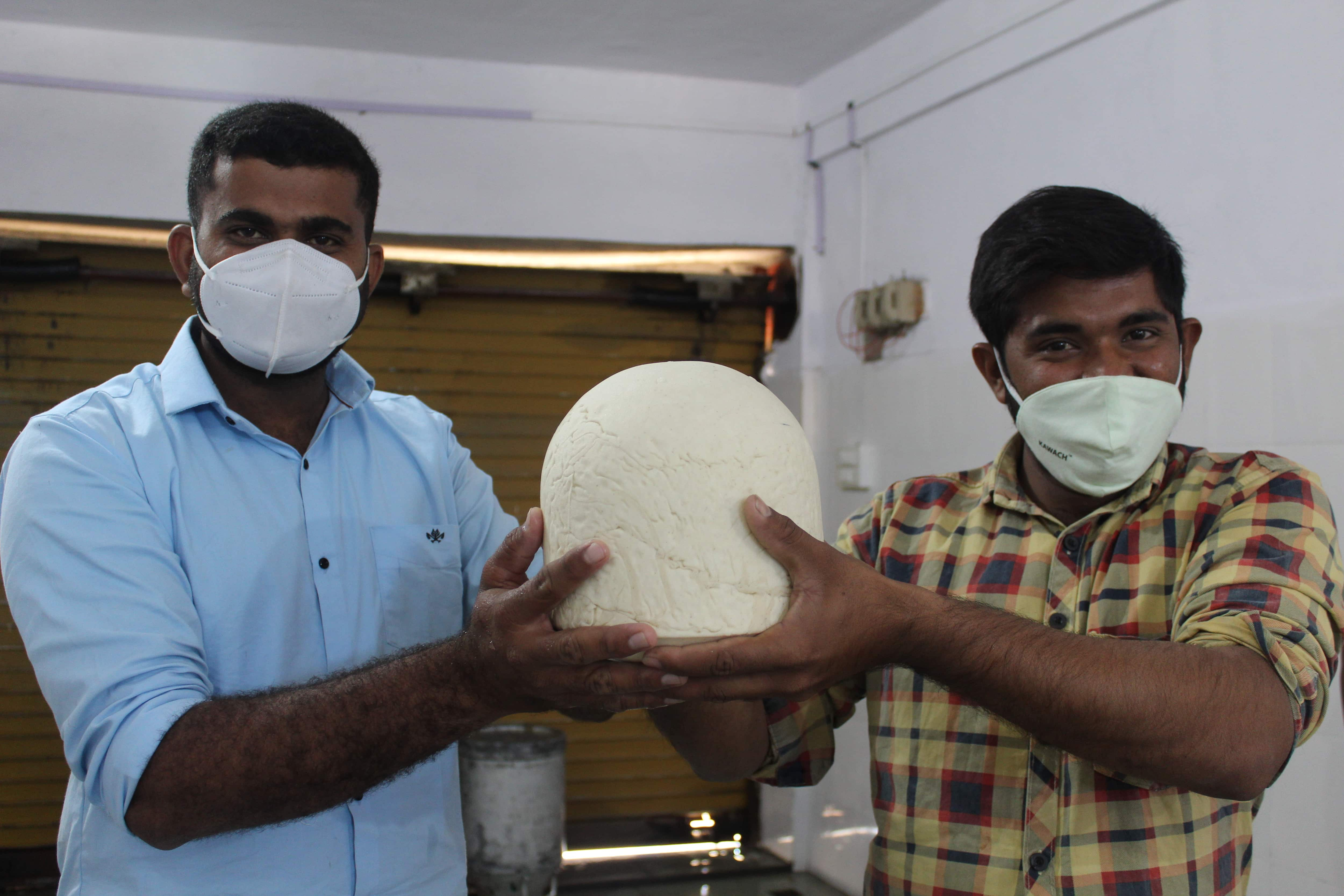
However, Panchal Dairy tries to maintain a low temperature by controlling the light entering the cheese-making area and keeping the place well ventilated. “It’s cool inside the place and the temperature doesn’t go beyond 28 degree Celsius. Also, once the cheese is made, it’s kept inside a cold storage display unit to maintain the cool temperature,” explains Sundaresan.
While seasonal changes do impact the cheese making process, she believes that it will take a year to stabilise the process, along with understanding the market for such a niche cheese variety.
Panchal Dairy currently makes 10 kg of cheese; from fresh goat cheese, Tomme (a nutty flavoured one), cheddar, Greek feta (made from sheep milk as well) and Pecorino Fresco (from sheep milk). They require about 100 litres of milk from goats that are let to graze on pastoral land. It currently has four employees, who are from the same community.
Before zeroing in on cheese, both Kalotra and had experimented with other products that could be made from goat milk like lassi, khoya and even Greek yogurt. However, the biggest challenge was customer delivery had to be done quickly due to the short shelf-life of these products. Around that time, they came across a workshop on cheese-making that was being held in Anand, Gujarat. They found that the shelf life of cheese was longer and could be worth the effort.
Seeing the potential with Panchal Dairy, CfP is planning to replicate the model in Jamnagar soon. “We need to highlight how the quality of pastoral milk is significantly better compared to milk produced by stall-fed cattle,” says Mishra. He expects Panchal Dairy to grow at an average of around 35% year-on-year by 2026.
Kalotra is hopeful that once the identity of goat milk cheese is built, it’s demand will rise, thereby benefiting the community.
As part of the hand-holding process, Sundaresan has been travelling to Surendranagar on a monthly basis to not only monitor the cheese making process. She also educates the duo by making them taste new varieties of cheese that she brings. “They have never had cheese before so I am making them understand the flavour nuances. Although they have no background, it’s also good in a way as there is no bias or opinions,” she points out. Currently, Käse Cheese promotes Panchal Dairy’s goat cheese and a limited quantity of sheep cheese at ₹ 450 – 550 for 150 grams.
According to Sundaresan, the artisanal cheese market has grown 100-fold in the last five years. “After the pandemic, business-to-business consumers have become more conscious about different types of cheese,” said Sundaresan. The bulk of the demand still comes from New Delhi and Mumbai.
Meanwhile, Panchal Dairy is educating their community about cheese. Although his people have still not developed a palate to savour raw cheese, they are coming around to tolerating it as being an ingredient to elevate a dish.
